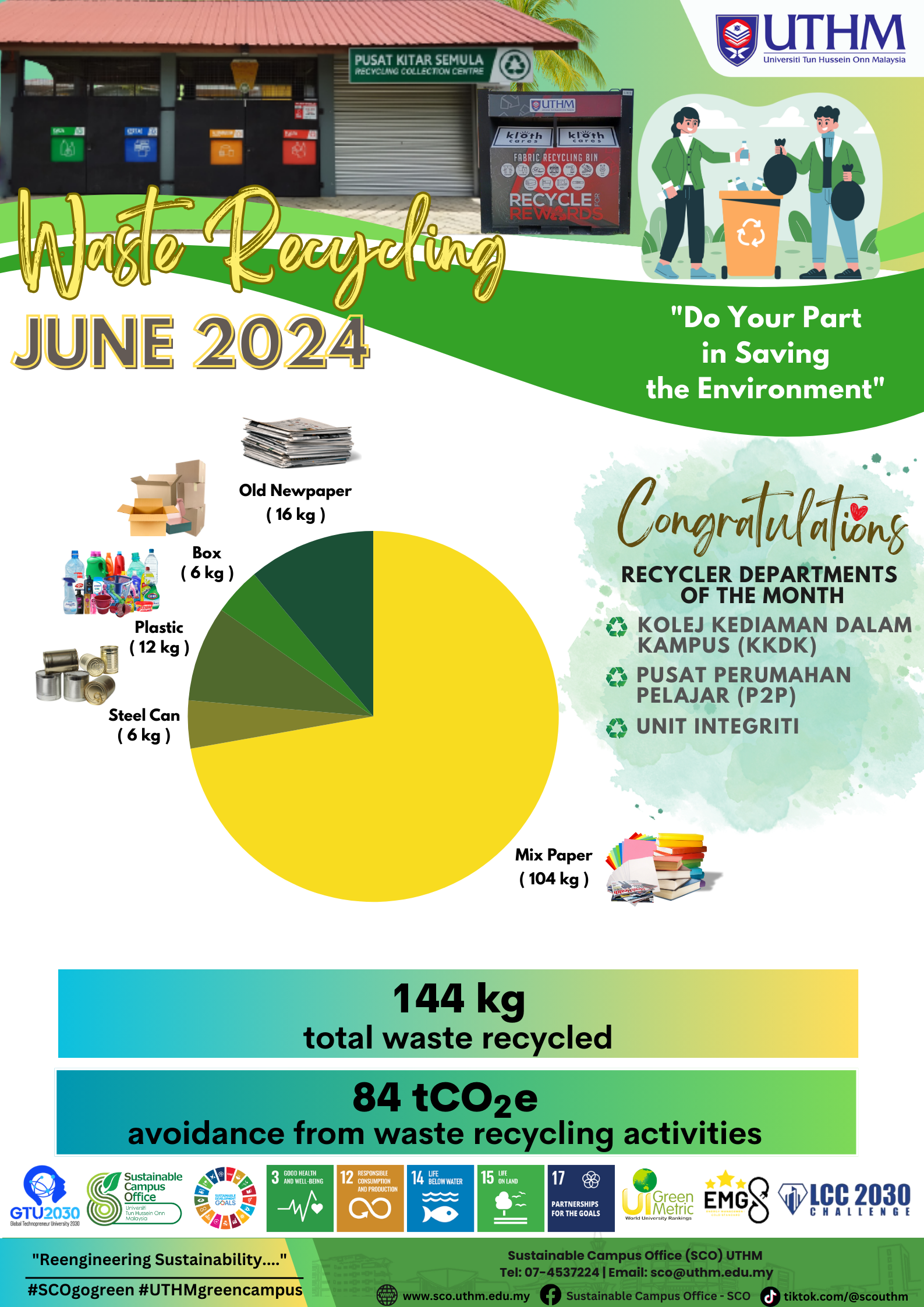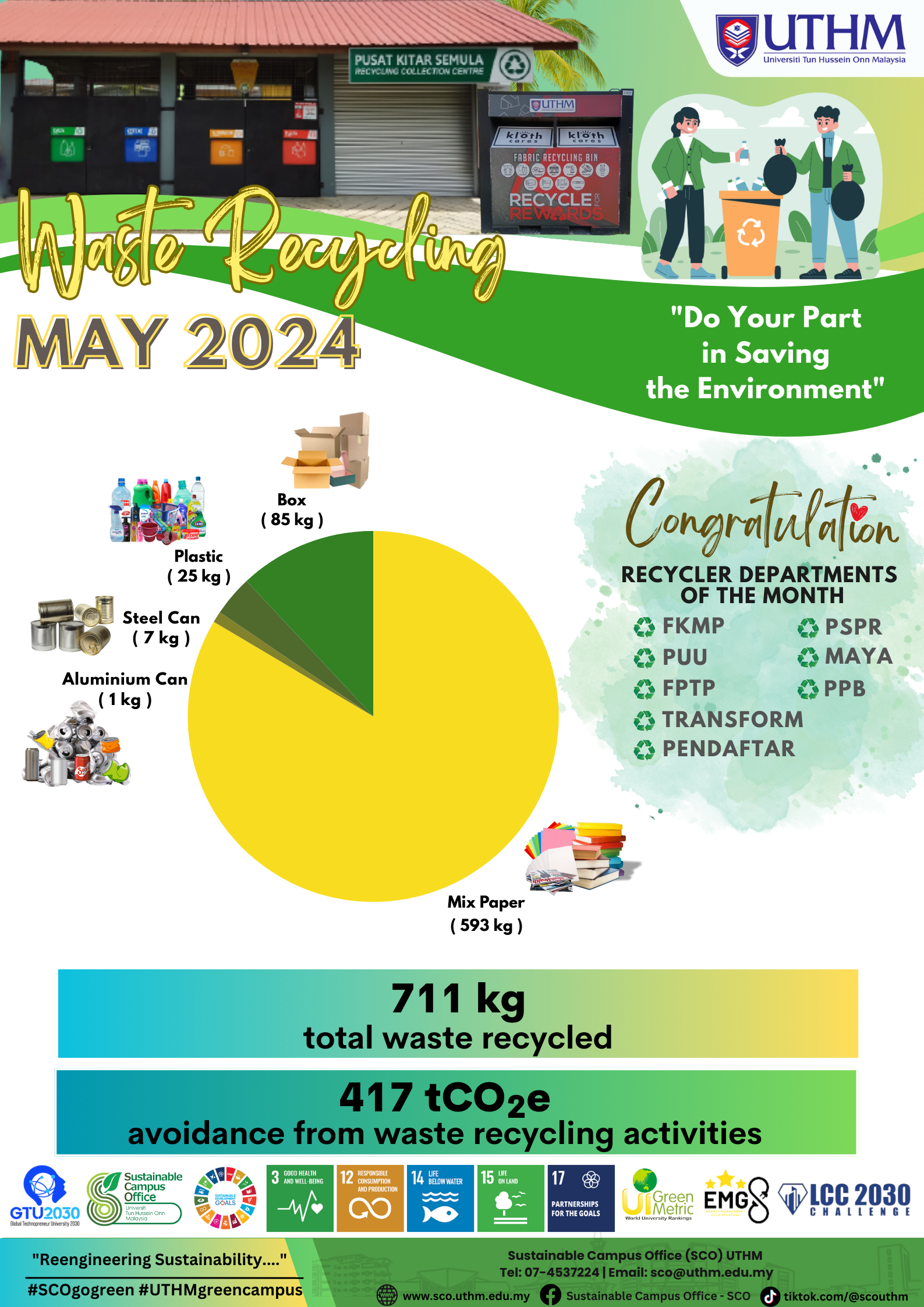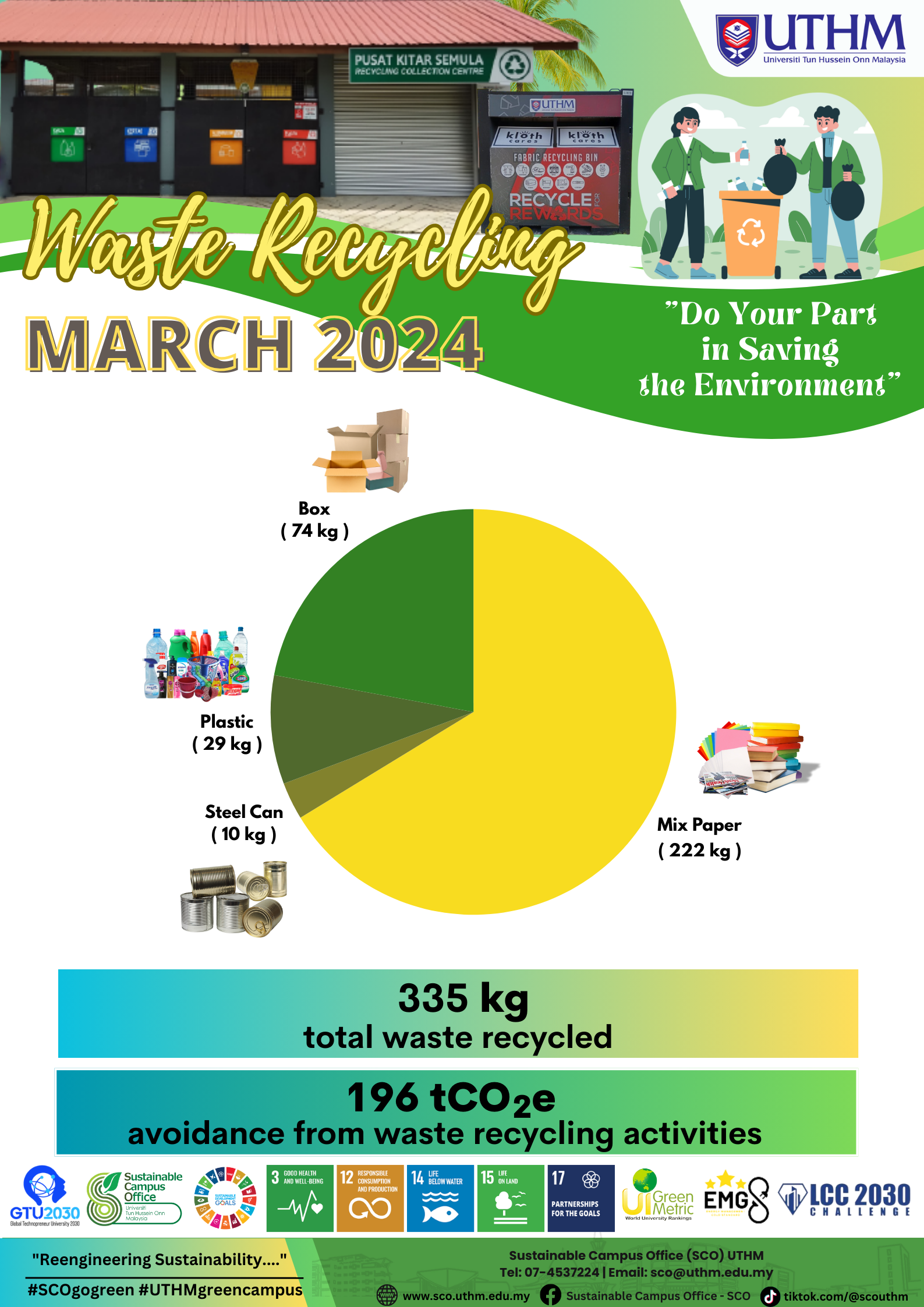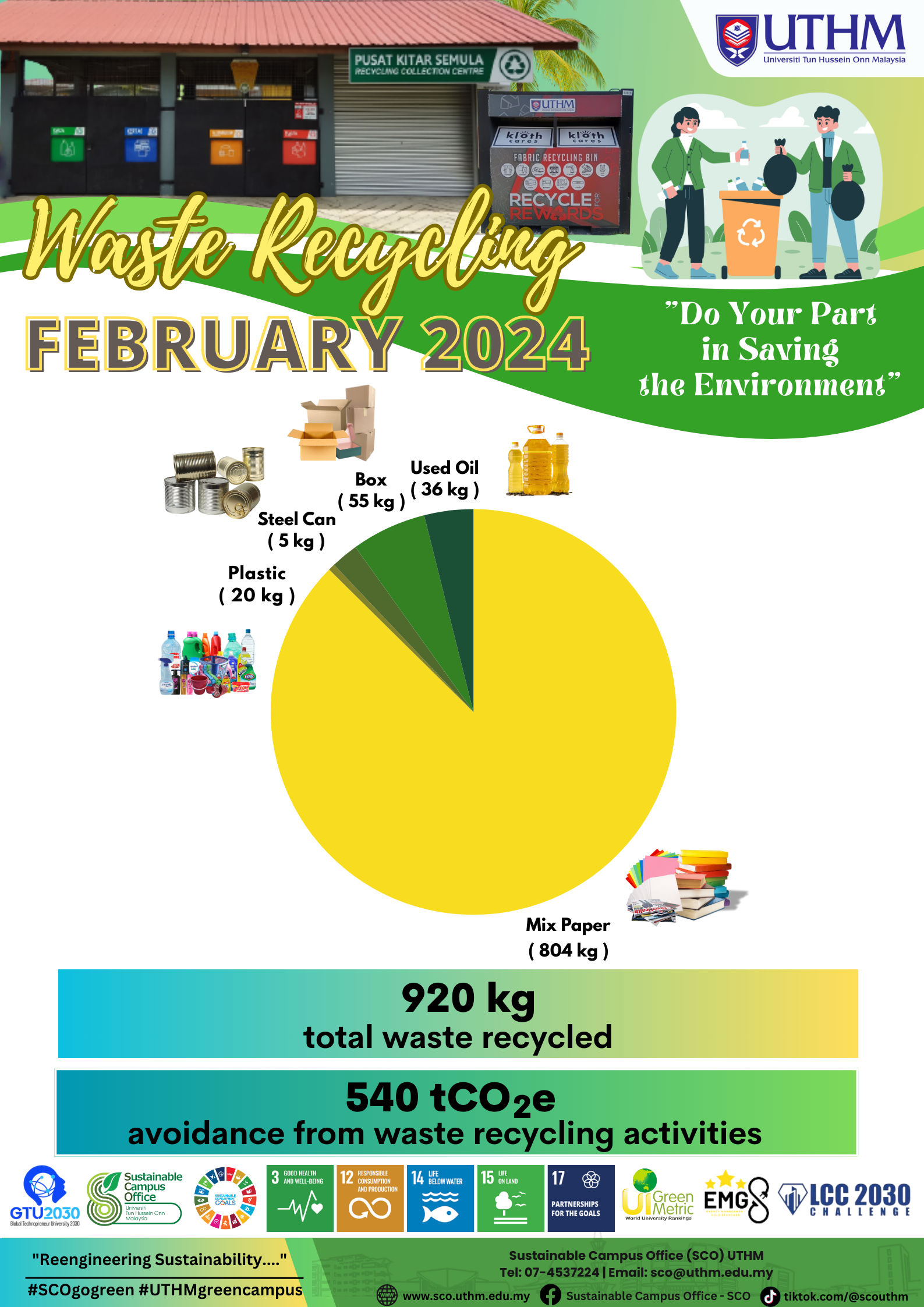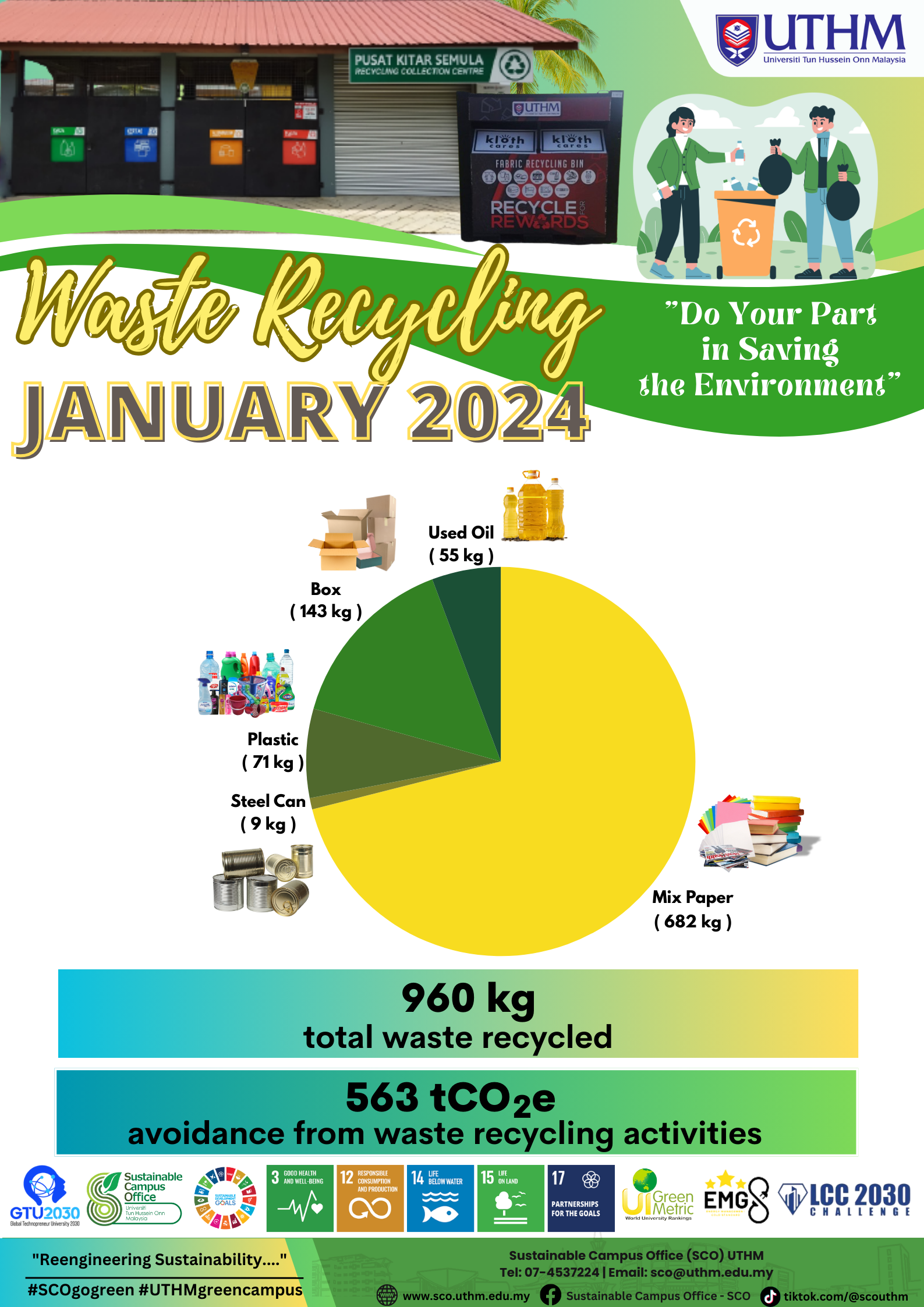Can Companies Still Afford to Care About Sustainability?

It’s a lot easier to put purpose above profit when cash is flush and times are good. Now that companies’ standard operations are being upended by the coronavirus pandemic, we’re going to see just how much they value their sustainability goals — and whether those goals survive when a business is just trying to stay afloat.
In recent years there was more interest in responsible capitalism than ever before. Between 2017 and 2020 there was a jobs bonanza in stewardship and sustainable investing teams. Corporate leaders called for unprecedented carbon emission reductions. How will those trends change in the post-pandemic era? Will social responsibility overshadow environmental responsibility as companies emerge from the crisis?
In some ways, the lockdown has made us more sustainable — the air is cleaner than it’s been in years and corporate leaders are forced to consider how to be a good employer amid record job cuts. But when we re-emerge, will companies go back to their old ways?
Members of the Financial Times’ Moral Money team Gillian Tett and Billy Nauman, along with Andrew Hill, the FT’s management editor, answered your questions about the impact of coronavirus on corporate sustainability — both how companies aim to take care of their own people and the environment. Some of the highlights are below.
For more on socially responsible business, sustainable finance, impact investing and ESG trends subscribe to our twice-weekly Moral Money newsletter.
FT commenter Santiagowuzhere: Has the crisis put a company’s social contract higher up on the agenda in the boardroom? If so, what can keep it there or who is exploiting this shift best?
Gillian Tett: Yes — the “S” is definitely getting more attention from company boards! It used to be mostly about the E, but no longer! I think all these investors can influence corporate behaviour but I suspect family offices and sovereign wealth funds may be particularly key here since they are so concentrated; if the former group together they will have real muscle!
FT commenter David Simonson: Over the past few years the big global investors have become increasingly demanding of real ESG compliance. Is there not a case for optimism that, as a result of the public’s experience of the lockdown, less pollution, clearer skies and greater concerns for responsible sourcing and behaviour, there will be considerable pressure on those same big investors to strengthen compliance and indeed offer more ESG-friendly funds?
Andrew Hill: I wrote about some of the ways in which the crisis dovetails with the optimistic pre-crisis thinking of Rebecca Henderson and John Elkington in their new books about the future of capitalism. Specifically, I think there is hope that we emerge from this recognising the greater interdependence of business, finance, government and society. A slightly gloomier take might be what’s done under the veil of “crisis measures” — infringements of privacy, embedding of autocratic management styles and hierarchies — or a “temporary” reversion to the “old normal” that cannot be unwound later.
FT reader ‘etss’: To what extent are ESG considerations figuring in oil and gas M&A and restructuring/bankruptcy discussions? If they are, could you please provide some colour on how, and if they are not, could you provide some colour on why not? Thank you.
GT: We are keen to get ideas from readers about this! We haven’t covered this much?.?.?.?yet! But want to do so!
Billy Nauman: Gillian is right, we would love to learn more about it. As far as I can tell, it’s not really been a factor in M&A, restructuring and/or bankruptcy, at least not yet and not here in the US. Plummeting oil prices have done far more to impact these companies than the divestment movement. As Bill Gates said in our interview, it is hard to show that divestment has directly affected the bottom line of oil companies. The goals of the divestment movement are much deeper, to be sure. The goal is more to take away these companies’ social licence to operate. But we have started to see the credit rating agencies talk about climate risk in their ratings for oil companies — so I think that’s interesting, and definitely something to watch.
FT commenter ‘M. Tinelli’: Tax havens and tax loopholes — Covid exposes the scandal of tax avoidance at a monumental scale, will governments choose to close them?
AH: There’s already some evidence of countries (France and Denmark, for instance) adding conditions to bailouts that exclude companies operating from certain tax havens. That still leaves loopholes. It will be interesting to see whether the crisis adds, or subtracts, momentum from the wider OECD effort to devise a global minimum corporate tax rate to tackle avoidance, launched last year.
FT commenter ‘Mr Hoppo’: Construction is one of the main sources of emissions in a lot of countries, but also a good multiplier for governments wishing to kick-start economies. What are the chances of the government starting a “green” building revolution in housebuilding and wider construction — eg, building with timber as the Committee on Climate Change advise — as part of any stimulus package post-Covid? And how receptive have investors been so far to such moves?
BN: We’ve been hearing a lot more about this. People are rethinking how buildings are set up — particularly offices — as a result of coronavirus. I think there’s a real chance that this dovetails with the efforts many governments are already taking to incentivise green buildings. I think that the efforts under way in cities such as London and New York will only be accelerated. You’re also seeing a growing understanding of climate risk as it relates to real estate and mortgages, and I think that there will be a lot more to watch there as banks and insurers look at the danger they face from extreme weather and rising oceans. It would seem logical to me that this would create a strong incentive to encourage green buildings, as well.
Source: https://www.ft.com/content/7e27b301-92da-4945-b416-d0bb20c2e2fb


